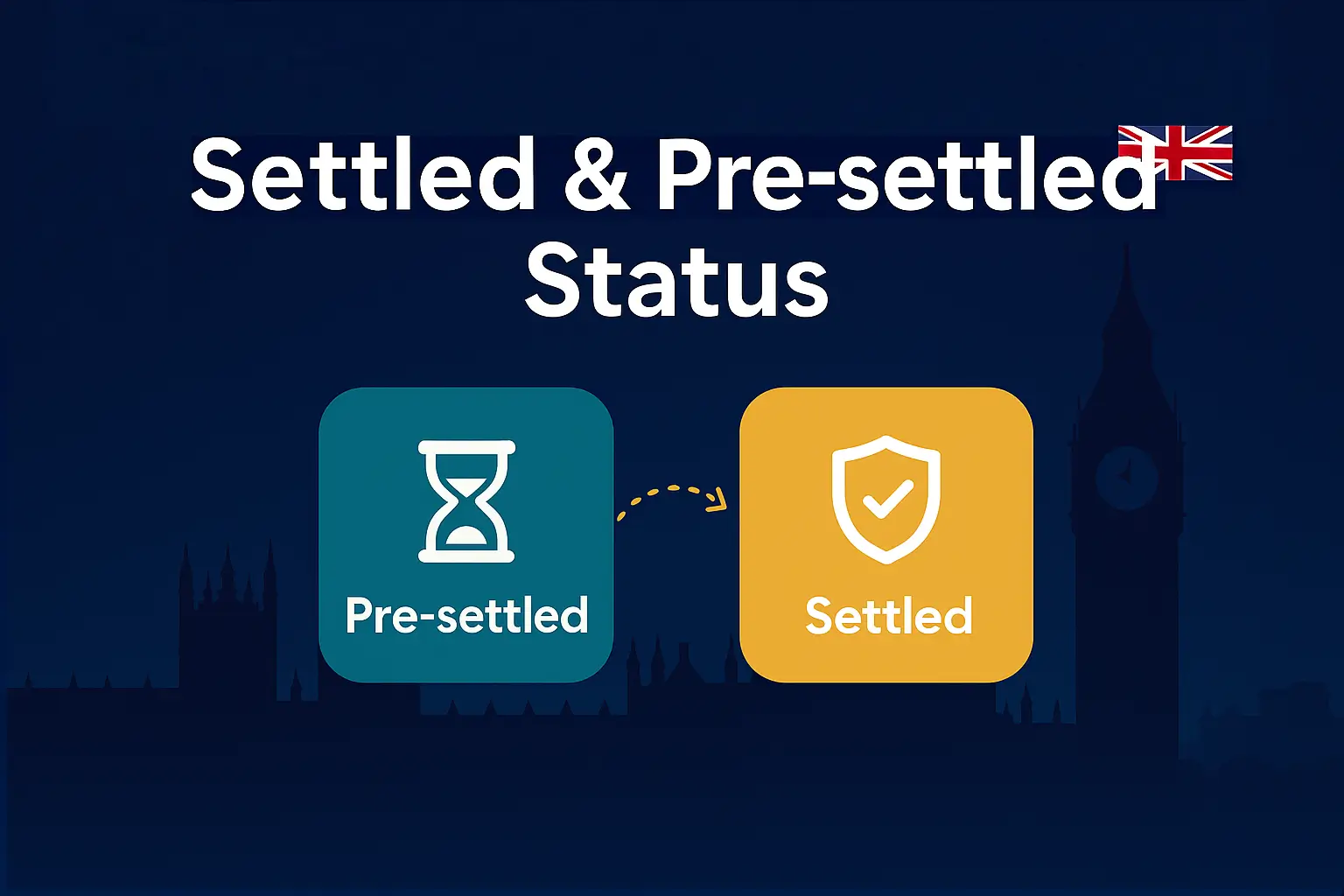What happens when you’ve received an offer for the job you want, but the salary is not what you think you deserve? Or when you have been working for a while and think it’s time for a raise? How do you navigate this situation?
Negotiating salary can be tough, but it is absolutely necessary in today’s job market.

We’ve put together this guide with the top 6 tips on how to negotiate salary like a pro!
1. Do your homework
Before going into the meeting, make sure to do your research on the market value. This will help you find out your target salary. Look up salary ranges for your role, experience level, and location. Websites like Glassdoor and LinkedIn Salary can help you do this.
You can also ask someone who’s in the same role as you and ask for the typical salary range. Make sure to ask a couple of people so you have a complete few.

Some companies also have a budget for the pay, so make sure to keep that in mind. So, try to be realistic when looking for the best deal for yourself.
Know your value, and once you have the full picture, you can go ahead.
2. Get Your Pitch Ready
Before you go ahead and take that meeting, make sure you take your time to create your pitch. Think about what you want out of this meeting and why you deserve the salary you desire. You can write down your talking points to prepare yourself.

Practicing your talking points can help you be more confident and be more comfortable speaking up for yourself in your negotiation. You can practice speaking in front of a mirror or with a friend if you’re nervous.
3. Right place, Right time
This is a very important aspect of how to negotiate salary; you have to be strategic about when you choose to speak up. Timing is everything.
Be careful when picking the time and place to have this conversation with your supervisor or whoever is in charge.

If you’re interviewing for a new job, try not to bring up the conversation of your expected salary too early. Wait until you receive an offer before discussing pay.
The hiring manager may ask you how much you expect. Don’t answer right away and instead ask how much they have budgeted for this role. Whenever possible, let the employer mention a number first. This will help you understand where you stand.
You will also be faced with other tough questions from the hiring manager, for example,
- Do you have any other offers?
- Are you interviewing elsewhere?
- Are we your top choice?
- Why should we increase our offer?
If you are already employed, a good time to ask for a raise can be after a big work achievement or at your year-end review.

4. Aim High, But Stay Ambitious
So, now you know your target salary according to your market value and the pay range the company has budgeted for your role. The next question is what number should you give?
Remember to set a baseline for yourself, a limit which you should not go lower than, but remember to be ambitious. Whatever number you ask for, make sure it’s completely out of the blue. Be ambitious but realistic.

Always ask for a bit more than your ideal salary; this gives you room for negotiation.
5. Speak Up with Confidence
If there is one answer to how to negotiate salary, it’s confidence. It’s natural to be nervous when negotiating salary. But asking for fair pay is not only normal, it’s also a right. So don’t feel guilty asking for what you deserve.
Remember, confidence is key! So, when stating your expected salary, be firm and professional. Stay confident and be clear about your expectations.
Another tip is that instead of saying one number, try to give a range, e.g., £35,000-£40,000. This should be based on your market research.

Be confident when explaining why you deserve it. Know your value and make sure to highlight your skills and achievements. Also, point out the industry standards for your role.
Keep in mind that confidence is important, but try not to come off as demanding. Stay polite no matter what.
6. Look Beyond the Salary
When discussing your expected salary, don’t just negotiate for the sake of negotiating. Keep a wider perspective and look at the whole package, not just the pay.

Pay close attention to the bonuses and benefits available. For example, does the company offer commissions? Do they have retirement benefits like pension funds, stock funds, etc.? Or do they offer good healthcare policies?
It’s smart to focus on these options as well.
You might also want to see if the company offers flexible working opportunities. Remote work is a highly desired benefit these days. Things like extra vacation days, PTO, hybrid work, parental leave, or learning opportunities can also be valuable perks.

Conclusion
Knowing how to negotiate salary is just a matter of doing your research and staying cool, calm, and collected.
Once you’ve been offered a specific salary for your role, try not to rush into any decisions. Take your time to really think about it and consider it from every perspective. In the end, only you can decide if the offer is worth it.
If you get what you want, congrats! But if you don’t, it’s okay. This is not the end of the road for you. Whatever happens, keep your eye on the future.
You will have many other opportunities to negotiate in the future. At Enrollmate, we provide educational advice to help you navigate your career with confidence.”








